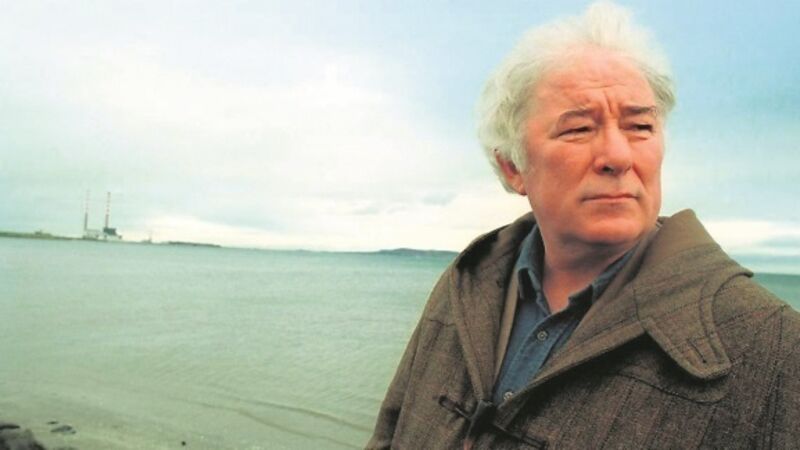Islamophobia is a virus that helps the smallest people feel bigger

DUBLINERS of a certain age will remember the old Meath Hospital on Long Lane off Clanbrassil Street, and the Adelaide Hospital nearby, off Bride Street. Like most Irish hospitals they have a denominational history, specifically Protestant, which continues in Tallaght Hospital when they amalgamated. It would be naive to tint any Irish confessional history with rose colour. But my memory of those places as they came to the end of their days in the inner city in the 1970s and 80s is that they were well respected by the local people, who were overwhelmingly Catholic and, largely still practising.
It was all the more jarring that during this Advent, when He is awaited, a female patient was reported to have refused care from two different Muslim doctors in Tallaght, the first of whom was identifiable by her hijab. The hospital correctly refused to comment on the care of an individual patient. But lest the point be lost, that patient’s daughter went on RTÉ’s Liveline on December 11. It was discordant bile. The importance of the rant was not how appalling it was, but regrettably how close it is to part of the popular mood.















